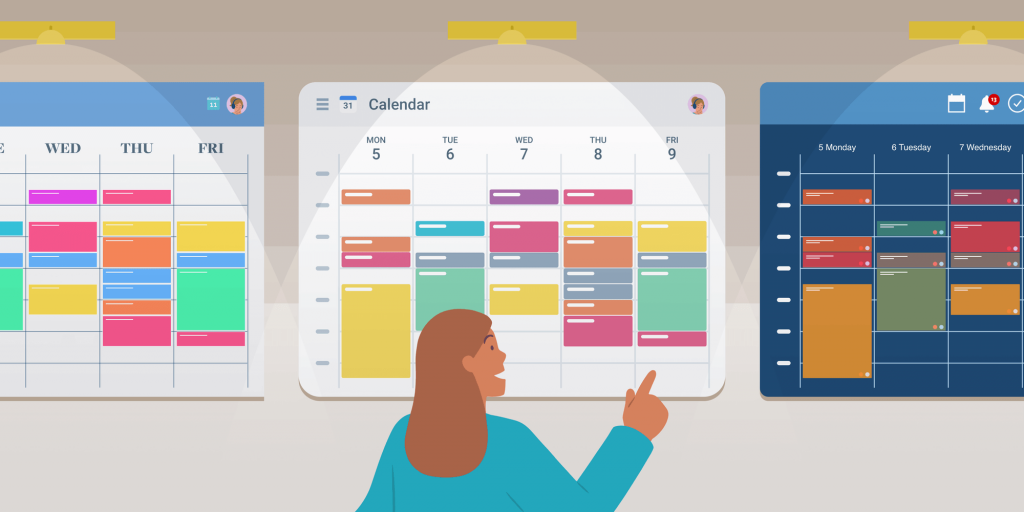In the fast-paced and ever-evolving landscape of Human Resources, technology plays a pivotal role in revolutionizing recruitment processes. The integration of advanced technological solutions has significantly transformed the way organizations attract, evaluate, and onboard talent. Leveraging these tools enhances not only efficiency but also the overall success of recruitment endeavors.
1. Streamlining Applicant Tracking
Advanced Applicant Tracking Systems (ATS) have revolutionized candidate sourcing and management. These systems automate job postings across multiple platforms, screen applications based on predefined criteria, and manage candidate communication efficiently. This streamlining significantly reduces manual effort, expedites the hiring cycle, and ensures a standardized process.
2. AI-Powered Candidate Screening
Artificial Intelligence has empowered HR professionals with tools that can analyze resumes, predict candidate suitability, and even conduct initial assessments. AI algorithms sift through vast amounts of data, identifying patterns that match job requirements, thereby shortlisting the most qualified candidates. This method ensures a more targeted and unbiased approach to candidate selection.
3. Enhanced Candidate Experience through HRIS
Integrating Human Resource Information Systems (HRIS) has elevated the candidate experience. These systems offer user-friendly interfaces, personalized portals, and self-service options. Candidates can easily access information, complete required documentation, and track their application status. This streamlined approach contributes to a positive employer brand perception.
4. Online Scheduling Software: Streamlining Interview Coordination
In the realm of recruitment, the adoption of online scheduling software has become increasingly pivotal. This software offers seamless coordination for interview scheduling, eliminating the back-and-forth communication often associated with arranging interviews.
Online scheduling software allow HR professionals to share their availability with candidates through user-friendly interfaces. Candidates, in turn, can select suitable time slots from the provided options, reducing the need for extensive email exchanges or phone calls.
The inclusion of online scheduling software within HR tech solutions showcases their instrumental role in enhancing efficiency and candidate experience throughout the recruitment journey. These tools streamline scheduling logistics, foster flexibility, and contribute to an overall smoother recruitment process.

5. Video Interviewing and Virtual Assessment Tools
Technology facilitates remote interviewing through video conferencing tools and virtual assessment platforms. These tools save time and resources by enabling initial assessments of candidates regardless of their location. They also offer collaborative features for panel interviews, enabling multiple stakeholders to participate efficiently.
6. Big Data Analytics for Informed Decision-Making
The utilization of Big Data in recruitment allows HR professionals to extract insights from diverse sources. Analyzing data related to hiring trends, candidate demographics, and the effectiveness of various sourcing channels provides valuable insights. This data-driven approach helps in fine-tuning strategies and making informed decisions to optimize recruitment efforts.
Conclusion: Maximizing the Potential of HR Tech
The better integration of technology in HR processes doesn’t replace the human aspect but augments it. The strategic use of technology streamlines operations, reduces administrative burdens, and allows HR professionals to focus on building relationships and assessing cultural fit.
Organizations that harness the power of technological solutions in recruitment gain a competitive edge. They not only attract top talent efficiently but also lay the foundation for long-term success by optimizing their hiring processes through data-driven insights and enhanced candidate experiences.

